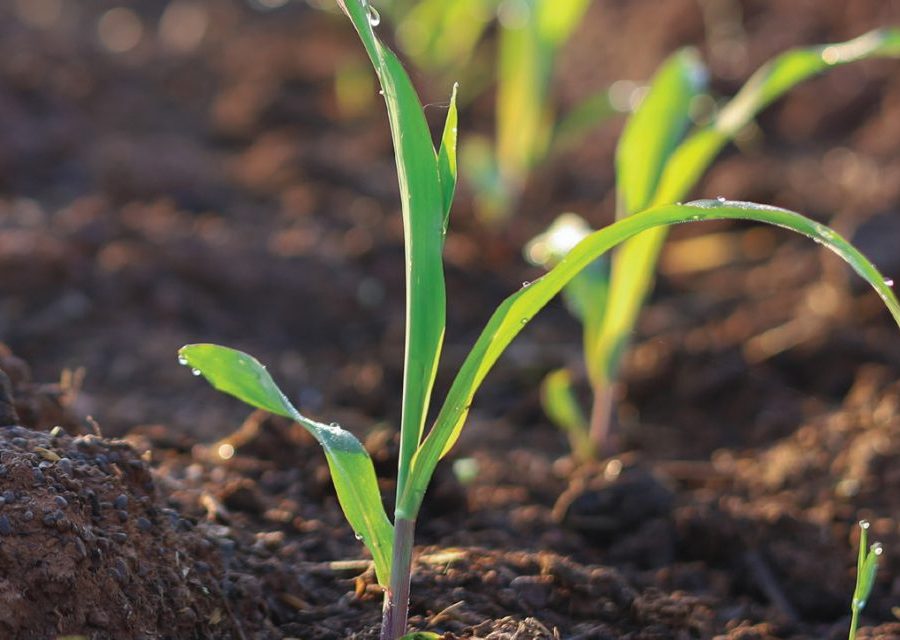Black soldier fly larvae have been enjoying a series of breakout moments. On Nov. 5, Oberland Agriscience, a Nova Scotia-based company, announced that it had opened a 108,000-square-foot BSFL farm on the edge of Halifax, Nova Scotia.
It was the second major announcement of a BSFL facility in North America this year. In April, a French Company, Innovafeed, opened the doors to its North American Insect Innovation Center in Decatur, Illinois, to showcase its pilot plant and partnership with Archer Daniels Midland, whose corn facility, located right next door, provides byproducts on which the BSFL are reared. The project’s second phase will include a much larger facility located between ADM and Richland Community College, an area that is becoming an ag sciences corridor. It will eventually employ between 250 and 300 people and is intended to grow into the world’s largest insect protein plant.
These big investments are poised to take advantage of what is forecast to be a booming market in insect protein. This past May, a market research report was issued that forecast that the global market for black soldier fly larvae would reach almost $4 billion annually by 2033.
Black soldier fly larvae (Hermetia illucens) — also called “soldier worms” — have many potential marketable uses. They can eat twice their body weight daily and can convert organic biowaste produced by markets, food industries and restaurants into bodies containing up to 43% protein and 35% fat. Their ability to safely digest organic waste has made them attractive for trials in “circular agriculture” in many developing countries.
Their bodies and nutrient-rich excrement can be combined with leftover organic waste to produce frass, an organic fertilizer that has benefits for soil health, as an April study in the open-source scientific journal Insects reported. The European Union requires heat treatment of larval frass to a temperature of 70 degrees Celsius for at least 60 minutes to ensure no live larvae or harmful microorganisms enter the soil. Due to its high proportion of lipids, larval biomass can also be used to produce biodiesel.
An added bonus is that an oil derived from the larvae could be useful to the pharmaceutical and cosmetic industries.
There have been tentative moves to explore the possible uses of BSFL ingredients in human foods. An Australian study reported in 2020, “Black soldier fly larvae contains more zinc and iron than lean meat, and its calcium content is higher than milk. Less than half a hectare of black soldier fly larvae can produce more protein than cattle grazing on around 1,200 hectares, or 52 hectares of soybeans.”
Acceptance of insect protein for direct human consumption remains very low in Western societies, however, and food safety issues are still being explored. An article from 2020 in Comparative Review of Food Science and Food Safety concluded, “The hurdles that need to be overcome in order to introduce BSFL as a viable food option include safety concerns, techno-functional properties, nutritional aspects, consumer attitudes and product applications for BSFL.”
However, consumers do seem to accept BSFL as a feed for fish, poultry and pigs farmed for human consumption. For now, the primary market opportunities for insect protein in North America is as feed for fish, poultry, pigs and especially pets. There is increasing interest in using BSFL as a cattle feed as well.
A study in 2022 in Animal Bioscience reported, “Based on the BSF nutrient content, they have great potential as a feed ingredient for ruminants, especially to substitute soybean meal, fish meal and antimicrobial growth promoters as they also contain antibacterial medium length chain fatty acids.” Another February 2022 study in the Journal of Insects as Food and Feed found that the nutrients in BSFL compared favorably with nutrients in common, plant-based cattle feeds.
At the time of the study, prices for BSFL were still relatively high compared to other feeds, but it is predicted that prices will fall rapidly as production expands.
David Murray can be reached at [email protected].




